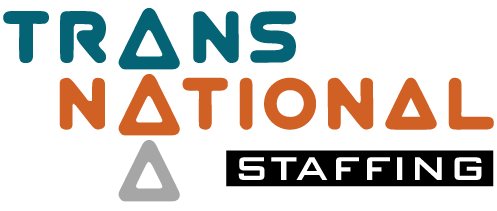
How long should I stay at my job? How long does the average person stay at a job? What age group stays at their jobs the longest?
September 21, 2023
What does it mean when employers post “flex jobs”?
October 6, 2023
Toxic employees can have a detrimental impact on workplace morale, productivity, and overall company culture.
Here are some examples of toxic behaviors that employees might exhibit:
Negative Attitude
-
- Constantly complaining, being pessimistic, and spreading negativity can create a toxic atmosphere.
Gossiping
-
- Engaging in rumors, spreading misinformation, or talking negatively about colleagues can erode trust and create a toxic environment.
Undermining or Sabotaging Others
-
- Actively working against colleagues, withholding information, or intentionally setting others up for failure can be highly damaging.
Micromanaging
-
- Constantly monitoring and controlling every aspect of a project or team member's work can stifle creativity and cause frustration.
Bullying or Harassment
-
- Engaging in behaviors that intimidate, belittle, or humiliate others is unacceptable and can create a hostile work environment.
Refusing to Collaborate
-
- Being uncooperative, unwilling to share information, or hoarding knowledge can hinder team progress and innovation.
Blaming Others
-
- Consistently shifting blame onto colleagues or avoiding responsibility for one's own mistakes can create a culture of mistrust.
Lack of Accountability
-
- Failing to take responsibility for one's actions or not following through on commitments can disrupt team dynamics.
Passive Aggressiveness
-
- Engaging in subtle but harmful behaviors, such as giving backhanded compliments or sarcastic remarks, can create tension.
Constantly Seeking Validation
-
- Needing excessive reassurance or validation from supervisors or colleagues can be draining and disruptive.
Non-constructive Criticism
-
- Providing feedback in a harsh, unhelpful, or demeaning manner rather than in a constructive and supportive way.
Playing Office Politics
-
- They are manipulating situations or people to gain an advantage rather than focusing on the best interests of the team or organization.
Resistance to Change
-
- Stubbornly refusing to adapt to new processes, technologies, or strategies can hinder progress and innovation.
Stealing Credit
-
- Taking credit for others' work or ideas without acknowledgment can breed resentment and undermine trust.
Lack of Empathy or Emotional Intelligence
-
- Disregarding the feelings and perspectives of others or being insensitive to their needs or struggles.
Employers and managers must promptly address toxic behaviors to maintain a healthy work environment. This may involve providing feedback, offering support, and sometimes implementing corrective actions or termination if the behavior persists.




